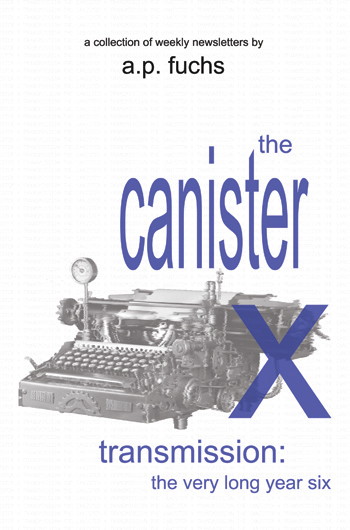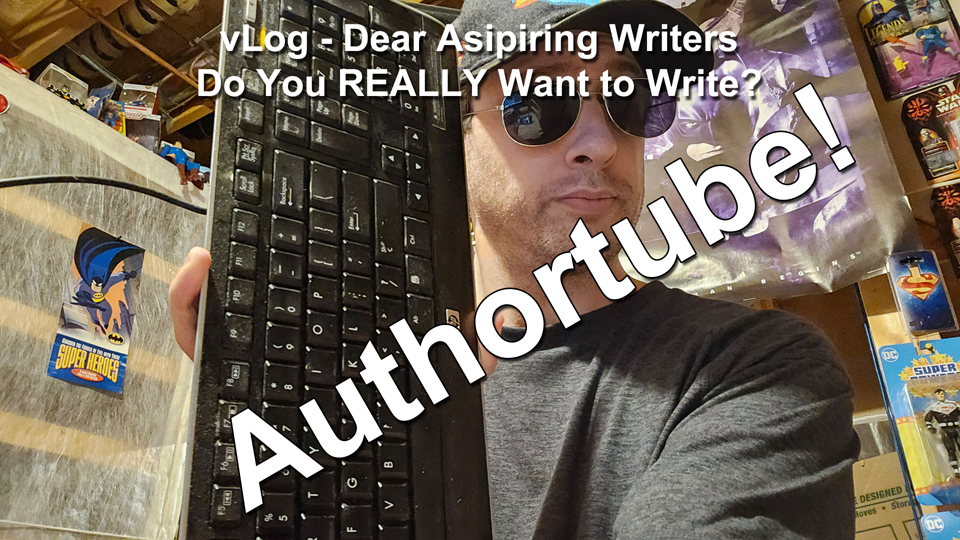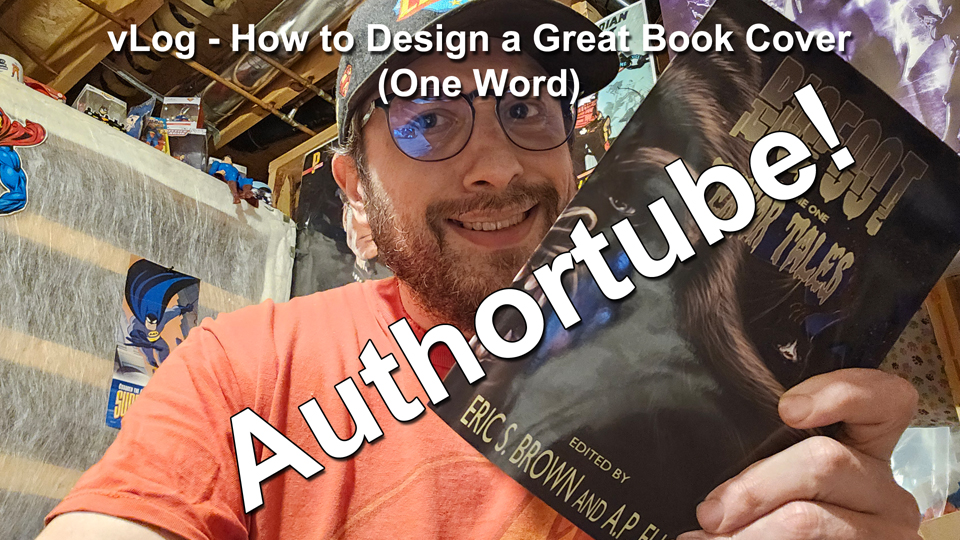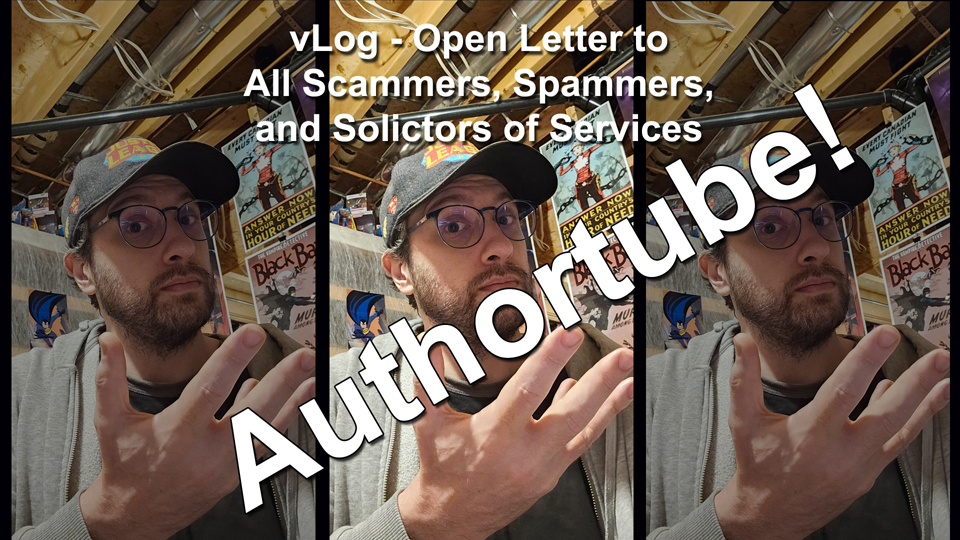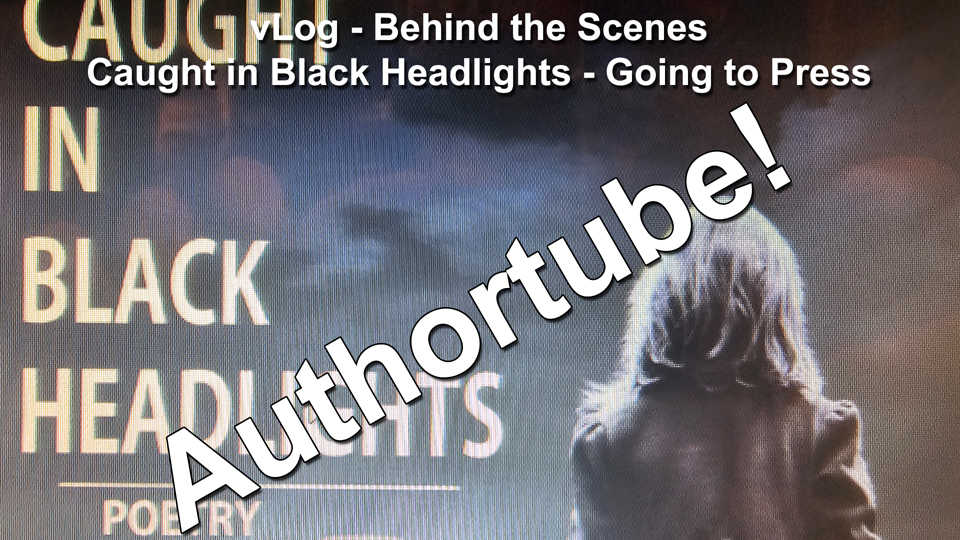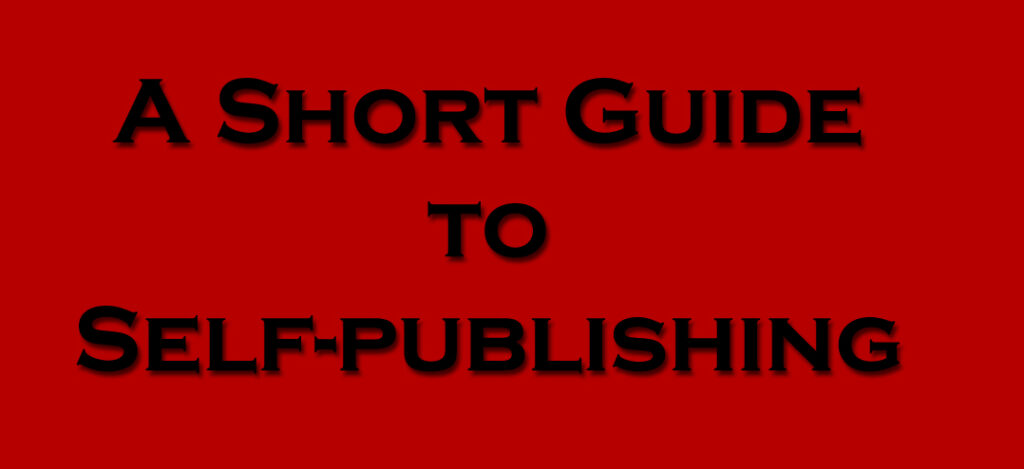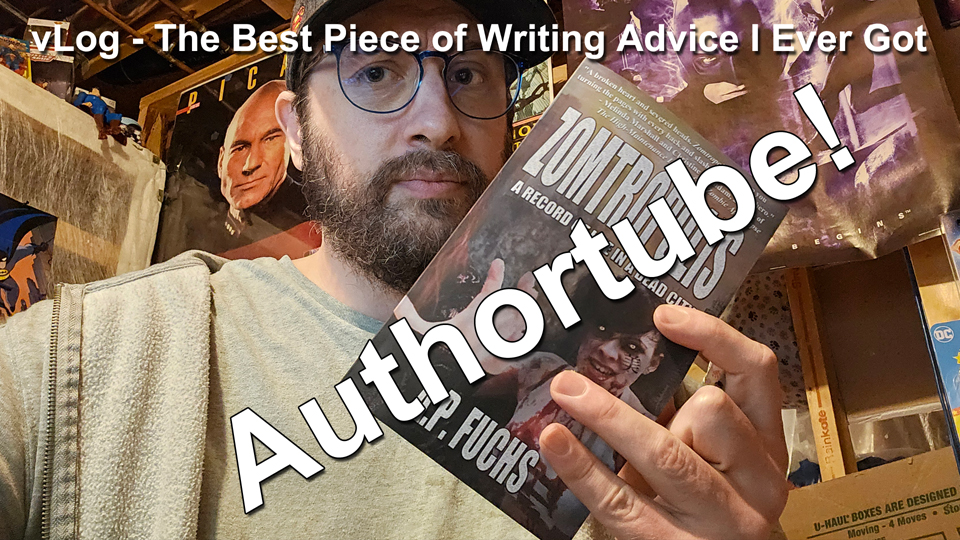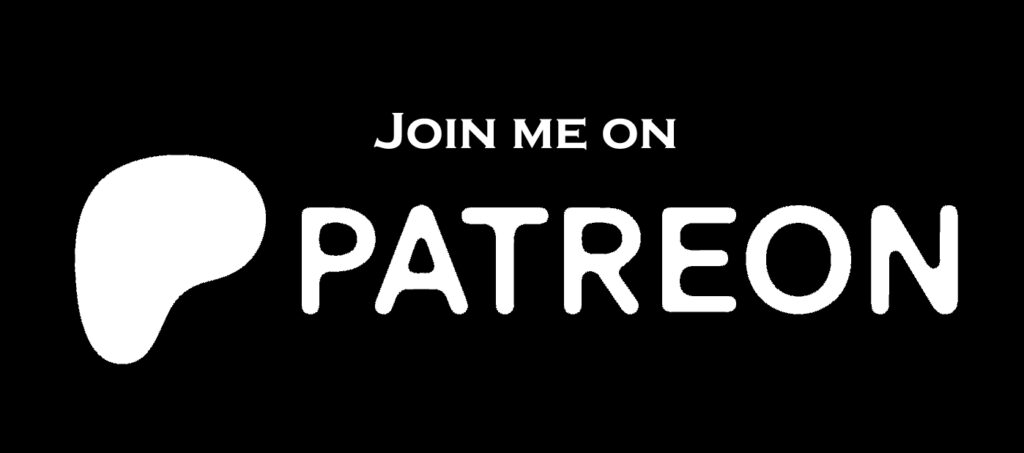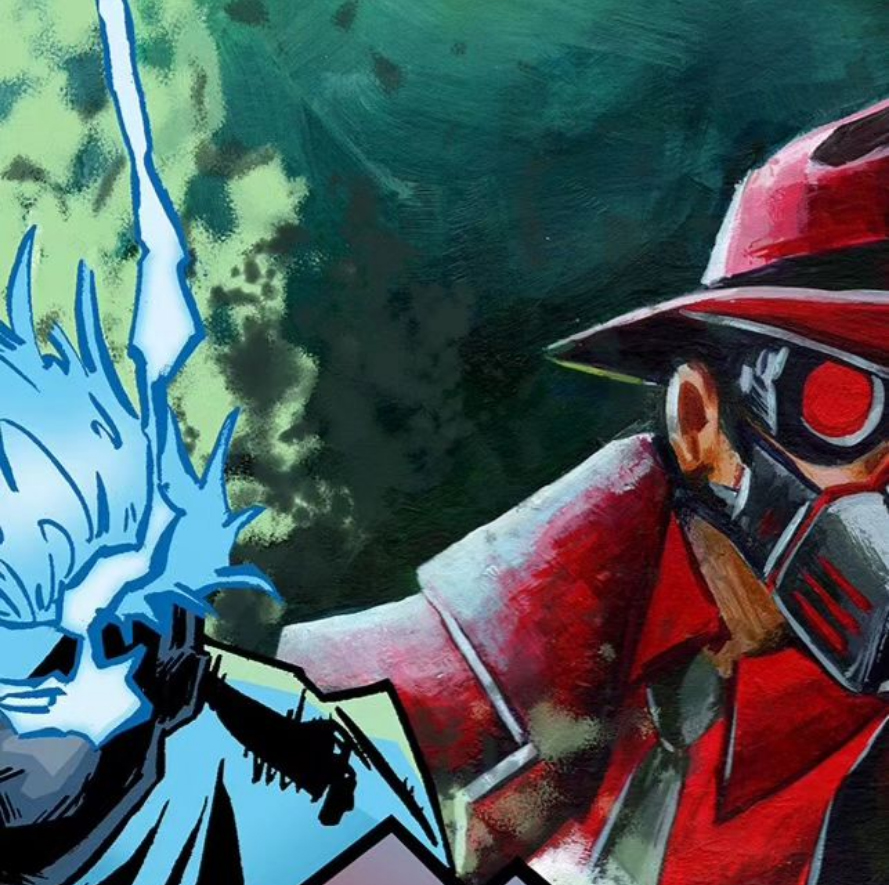Publishing Books: The First Half of 2024 in Review
Since we’re at the halfway mark of 2024, I thought this would be a good time to review what’s been published this year so far. Link to book page in the descriptions, but this is where we stand so far in publishing books this year.
There will be a publishing gap until later in the fall. There might be one thing, but that’s in floating status at the moment. The work is done. Just an issue of assembly.
AXIOM-MAN/CRIMSON CLOAK: SCARLET SYNERGY:

Surrounded by a strange red mist, Axiom-man finds himself in a world not his own. Not again. Meeting a man who calls himself the Crimson Cloak, Axiom-man and this red stranger must fight their way through a hotel of madness where each new floor brings on a deadly challenge. Go to book page.
CAUGHT IN BLACK HEADLIGHTS: POETRY COLLECTION:

All right, World, this is how it’s going to be: Rhymes and verse, Melodies rehearsed, across life’s rocky sea. Read a poem, maybe two, pick three if you wish to dare. Ramblings and coherence, sometimes jots of incoherence, anything for poetic flare. Enjoy and explore, please do, I implore. Let’s talk about life bizarre ’cause it’s pretty complex stuff, said Harvey Pekar. Go to book page.
THE CANISTER X TRANSMISSION: THE VERY LONG YEAR SIX:
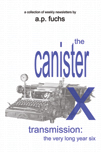
Running from June 2020 to March 2024, readers received news straight from A.P. Fuchs’s bunker studio at Axiom-man Central that was meant to engage, entertain, and have some fun. Go to book page.
For all titles, please visit the Realm of Heroes and Monsters on Amazon.

